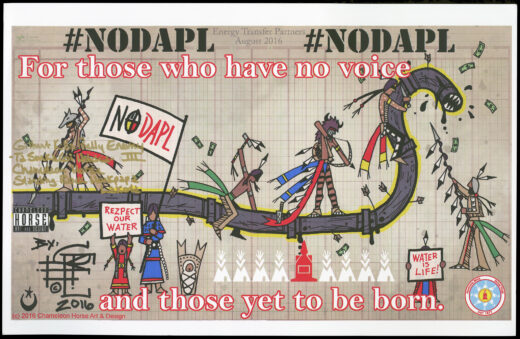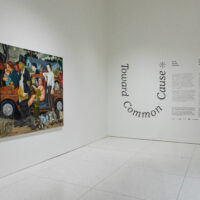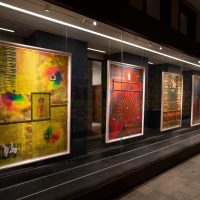Storytelling, Climate Justice, and Self-Determined Indigenous Futures

A virtual keynote address for Relational Futures: A Symposium for Indigenous Land, Water, and Environment
What does it mean to “live well” with the Earth in the face of climate/ecological crisis? What does a self-determined climate future look like for Indigenous communities and peoples? Indigenous-derived solutions must be generated based on knowledge systems which have fostered Indigenous survival despite centuries of environmental upheaval affected by colonization.
Deborah McGregor opens Relational Futures with the D’Arcy McNickle Distinguished Lecture at the Newberry Library. This talk will capture desired ‘Indigenous climate change futures’ described by Elders and other knowledge holders, shared through peer-reviewed journal articles, workshops, podcasts, videos, a website, and presentations.
Register for the webinar link
This program will be held virtually. Guests can also watch a live stream of the program on the Newberry Facebook page or YouTube channel.
Program video
About the presenter
Deborah McGregor is a Canada Research Chair in Indigenous Environmental Justice at York University. She is cross-appointed with the Osgoode Hall Law School and the Faculty of Environment and Urban Change at York University. Professor McGregor’s research has focused on Indigenous knowledge and legal systems and their various applications in diverse contexts including water and environmental governance, environmental justice, health and environment, and climate justice. She is Anishinaabe from Whitefish River First Nation, Birch Island, Ontario.
Relational Futures is presented in conjunction with the D’Arcy McNickle Distinguished Lecture series at the Newberry Library and the Film Studies Center at the University of Chicago, with additional support from the Center for Native American and Indigenous Research at Northwestern University and the Center for the Study of Race, Politics, and Culture at the University of Chicago. The symposium is inspired by the more than two dozen artistic collaborations featured in the exhibition Toward Common Cause: Art, Social Change, and the MacArthur Fellows Program at 40 at the Smart Museum of Art at the University of Chicago.


